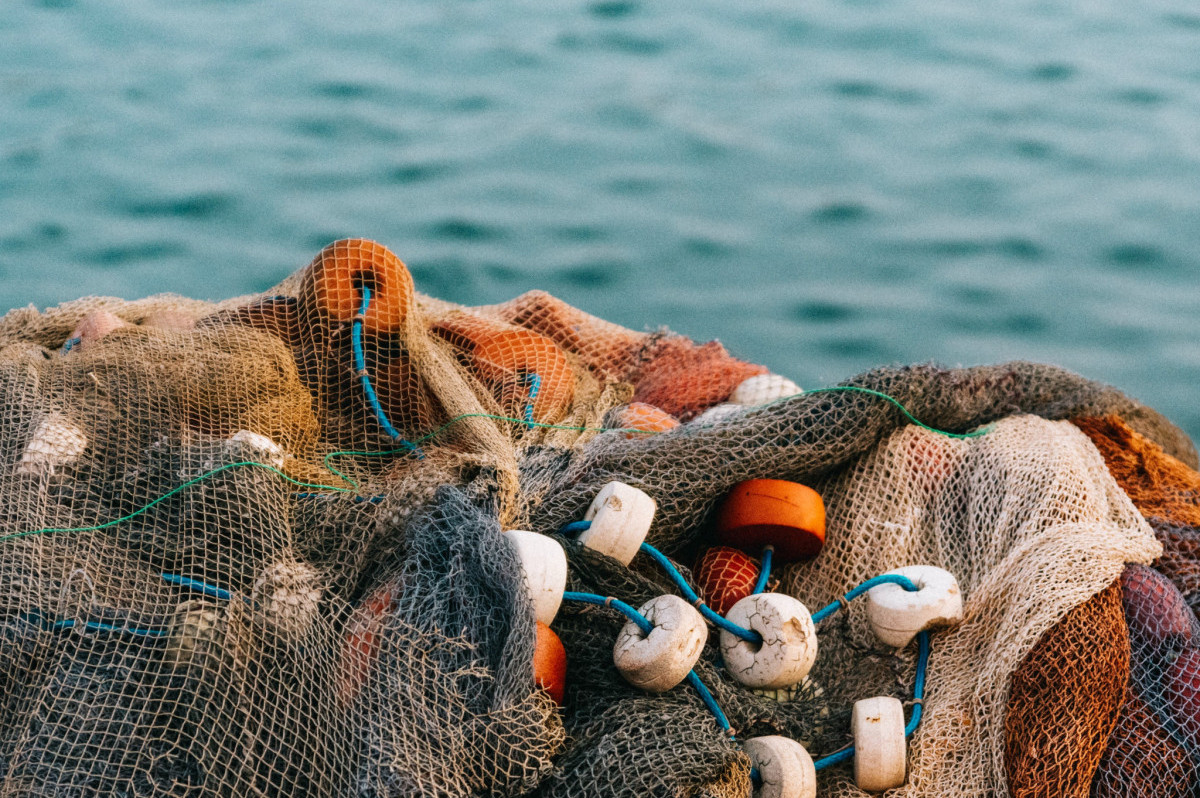The warming of the Mediterranean Sea, caused by rising global temperatures, could have drastic repercussions on the region’s prized fishing grounds, according to a new report.
As part of the CLIM-ECO² project financed by the Prince Albert II of Monaco Foundation, researchers from the Centre Scientifique de Monaco (CSM) teamed up with those from the University Côte d’Azur, the Laboratoire d’Océanographie de Villefranche-sur-Mer and the Genoa Marine Center to study the future of fishing in Mediterranean against a backdrop of rising temperatures and dramatic shifts to the geographical distribution of regional species.
Their findings, which considered a range of possible climate scenarios up to the year 2090, are now set to be published in the June edition of the Science of the Total Environment journal.
“Certain emblematic species, such as the sea bass and the gilthead sea bream could see their catches decrease by 40% across the whole of the Mediterranean in the years to come,” reads a statement from the CSM.
The Mediterranean region is warming 20% faster than global averages and the Sea is expected to rise in temperature by between 1.8°C and 3.5°C by 2100. This is going to have considerable knock-on effects for the region’s marine life, leading to scientists such as those from the CSM to call for a real need “to limit global warming and to develop climate change adaptation strategies for the fisheries sector”.
Catches could decrease by 75%
This new study, which lists the CSM’s Doctor Nathalie Hilmi as a co-author, breaks down the potential “catch reduction” according to fishing techniques. For midwater or pelagic trawling and purse seine fishing, catches are expected to decrease by 20 to 75%. For fixed nets and traps, that figure is a reduction of 50 to 75%, and for bottom trawling, hauls are likely to experience a drop exceeding 75%.
The southern and eastern Mediterranean countries will be the most affected by “significant declines”, says the study, in line with the United Nations’ Environmental Programme’s projections for warming hotspots in these zones.
A group of key commercial demersal and pelagic fish and cephalopod species were considered in the report. Alongside the threats to Mediterranean biodiversity and its fishing industry, the Monaco-backed study also revealed important changes to the future geographical redistribution of these stocks as species head north for cooler waters. As such, catches for many of the species studied could increase in North Sea and in the North-East Atlantic.
There may still be a future for these species elsewhere, but that does little to damp concerns for the future of fishing in the Mediterranean.
Sign up for the Monaco Life newsletter. For the latest news, follow us on Facebook, Twitter, and Instagram.
Photo source: Krisztian Tabori for Unsplash
